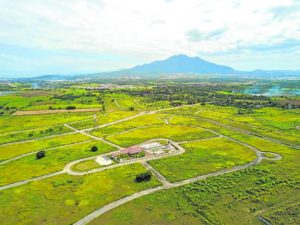As part of its advocacy to elevate bamboo into a mainstream construction material, Base Bahay Foundation held last month a Continuing Professional Development (CPD) seminar-workshop titled, “Cement Bamboo Frame Technology (CBFT): Features, History, Standards and Components” at the Base Innovation Center.
Part of the discussions were bamboo standards both local and international, on testing, grading and structural design, said Pablo Jorillo, Base Bahay general manager. Other topics were: the bamboo value chain, focusing on the life cycle of planting, harvesting, treatment and construction, its significant environmental impact; the history and types of bamboo architecture around the world; and bamboo structures’ specifications, criteria for design, components, connections and construction process.
“One hindrance to using bamboo for professionals is the lack of materials and training for this kind of construction method. Beginning with this workshop, Base will offer a training series on bamboo structural design each year,” said Jorillo.
While the Cement Bamboo Frame has been approved by the NHA through AITECH since 2018, it is only now that a formal training program will be made public for professionals by the Base Innovation Center.
Base Bahay is also working with the Association of Structural Engineers of the Philippines through its bamboo committee to include bamboo in the next version of the National Structural Code of the Philippines.
By 2022, Base Bahay will train more architects and engineers to give them a headstart in anticipation of the standardization of bamboo construction and design and the mainstreaming of bamboo in building codes, said Jorillo. Contractors and builders can also help fast-track and spread out CBFT in social housing across the Philippines.
“As more and more professionals use bamboo, we should be able to depend less on more conventional steel and concrete that has a negative impact on the environment. We shall also depend less on depleting timber products,” Jorillo said.


